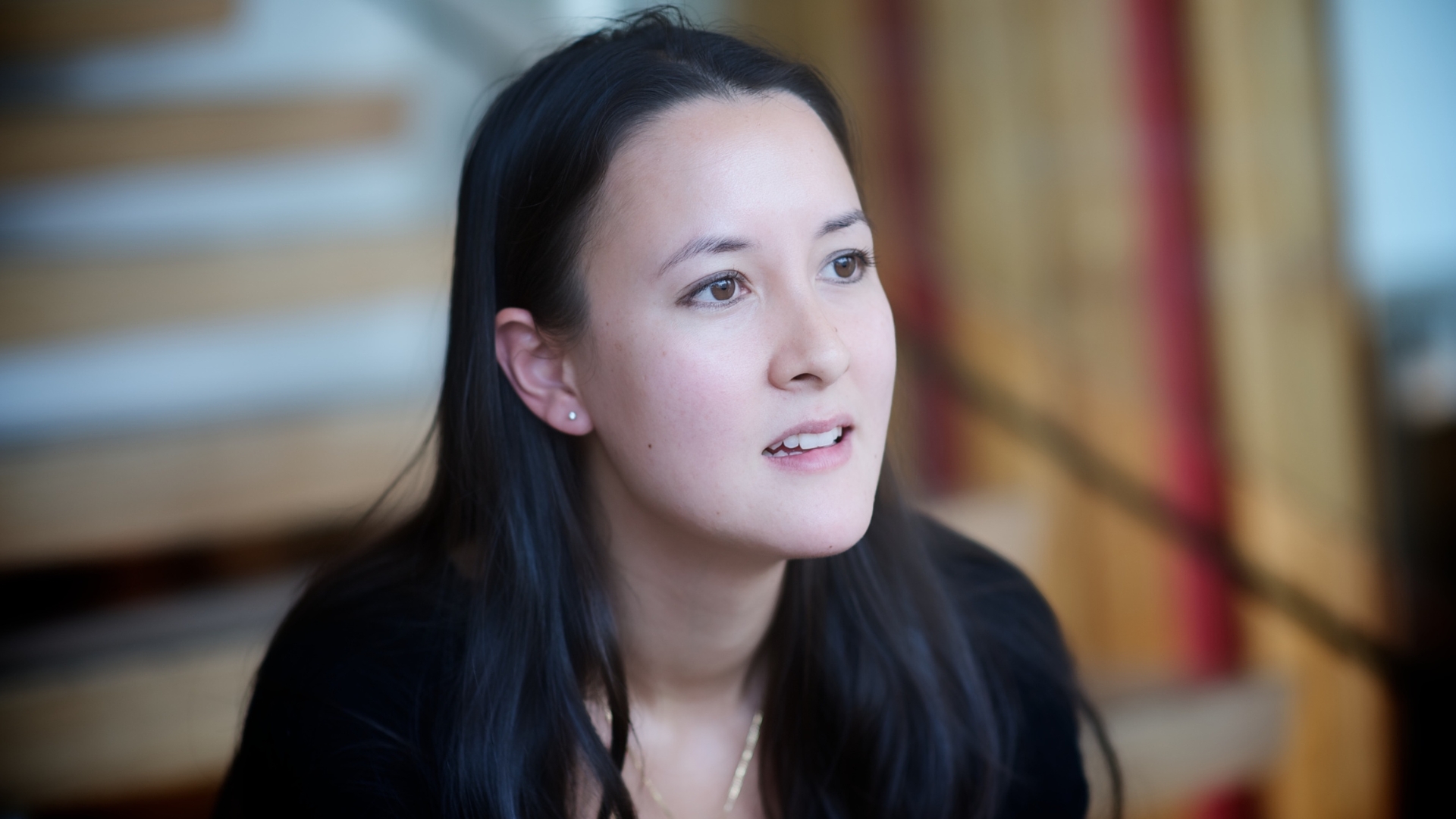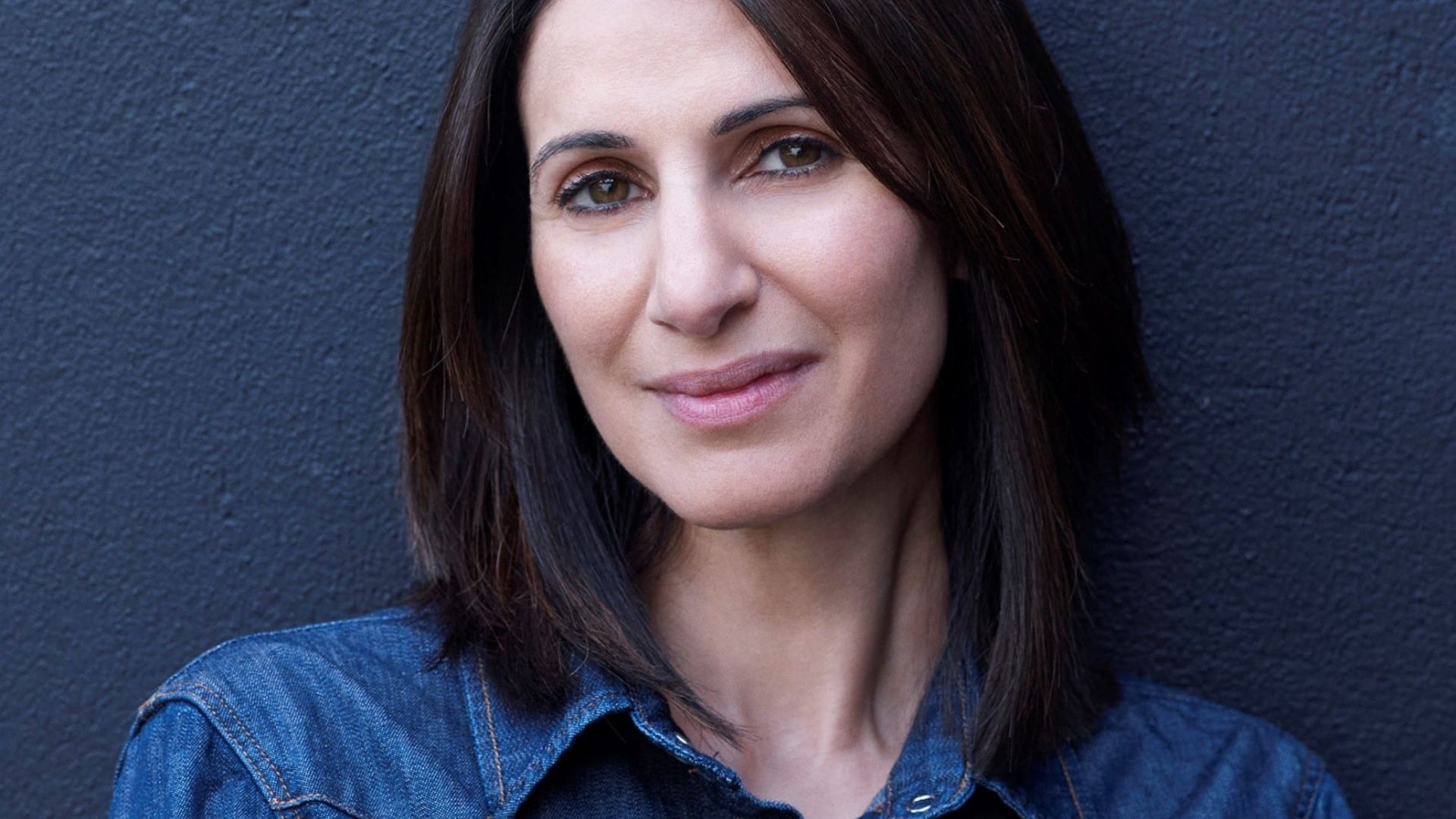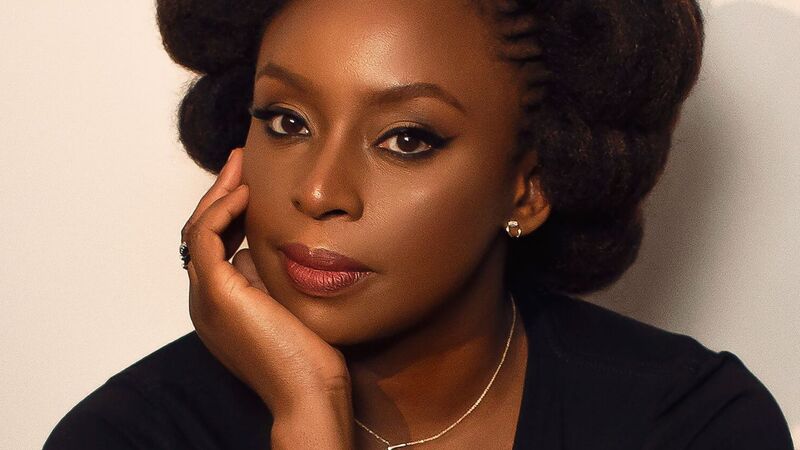You are viewing your 1 free article this month. Login to read more articles.
Chatto's Sarah Howe reveals plans for poetry list
Chatto & Windus’ poetry editor Sarah Howe has revealed her aims for the list’s future with The Bookseller, including reaching new readers through ’non traditional routes’.
Howe, an academic and a T S Eliot Prize-winning poet herself, will publish Danez Smith, Romalyn Ante, Ruth Padel and Leo Boix and welcome new voices to the list such as Mona Arshi and Karen Downs-Barton’s debut.
Chatto & Windus will publish up to five collections a year, with at least one of these reserved for a new or debut poet.
In March 2025, Chatto & Windus will publish Karen Downs-Barton’s debut collection, Minx – the first new poet Howe will bring to the Chatto & Windus list in a deal made by the Elise Dillsworth Literary Agency for UK and Commonwealth rights.
Howe has also acquired at a three-way auction, from Angelique Tran Van Sang at the Felicity Bryan Literary Agency, a third collection from Forward Prize-winner Arshi, Mouth, which “gives voice to the marginal women of Greek tragedy as they navigate war and its aftermath, to present fresh vantages on power, migration and loss today”, Chatto said.
In regards to returning poets, in August 2024, Forward Prize-winner Danez Smith returns to Chatto & Windus with “an astonishing” new collection, Bluff, offering “a powerful reckoning with their role and responsibility as a poet and with their home town [Minneapolis]”, amid the Covid-19 lockdown and George Floyd’s murder.
The Covid-19 lockdown also inspired prize-winning poet and NHS nurse Romalyn Ante’s to return to Chatto & Windus with her exploration of the NHS’ front-line during the lockdown entitled Agimat (September).
Two months later, Ruth Padel’s Girl “unravels the millennia of myth men have woven around girlhood and girls”, the publisher said.
Next summer Argentinian-British poet Boix returns to Chatto & Windus with In Southernmost: Sonnets, a collection that explores both personal and political themes from across South America.
Howe said that her own experience as a poet helps “keep my ear close to the ground” when discovering new voices. Of her editing, she told The Bookseller: “I cut my teeth publishing a small, online journal called Prac Crit, which I founded and ran for some years with two friends. It was a grassroots operation, but it got me thinking in ways still useful to me now, about what exactly pulled me to the poets we chose to publish, what our readers responded to, and how to watch for new talents coming up.”
Her experience as an academic also developed her interest in editing. She said: “More recently, it was working with my brilliant poets on the PhD in Creative Writing at King’s College London, where I’ve taught for the last seven years, that made me long not to say goodbye to the finished collections, but see them through the next stage of their journey as books.”
Howe wants to build on what her predecessor, long-time Chatto & Windus poetry editor Parisa Ebrahimi, started – “a radical vision for the future of poetry publishing and how she wanted to reset its tone... [and] a dedication to finding voices she felt hadn’t been heard before”. Ebrahimi stepped down in 2022 to focus on her role at Hogarth US.
After joining Chatto last autumn, Howe is “ambitious about growing the list", but intends "to do it gradually, so our poetry team – which also includes assistant editor Rosanna Hildyard, herself a talented poet – can continue to pay close and loving attention to every stage of the process”.
Of the poetry boom – last year the market saw its biggest sales since accurate records began – Howe believes a new audience is reaching for connection. “It’s an interesting time because it feels like readers who never considered it before are waking up to poetry,” she told The Bookseller. “Personally, I think they are coming in search of human connection, in the intense and distilled form that poems uniquely offer.”
Howe believes there is more focus on storytelling in new poetry now: “One shift I’ve noticed is the way story – however torqued, oblique or broken – seems to be coming back into poetry: it’s noticeable in the submissions I’m reading that poets seem more and more interested in what they might be able to achieve across sustained, book-length architectures, and I think we’ll see a lot of innovation in this area in coming years.”
Howe added: “One of the best ways of connecting with non-traditional poetry readers is to publish non-traditional poets: that’s the insight I’d draw from the much talked-about mini-boom in poetry publishing of recent years. I think the responsibility to find and cultivate new audiences is one that publishers need to take seriously, to back up our commitment to diversity in what we publish, and make sure the gains of recent years on that front aren’t lost.”
Howe also cited the Atlantic’s recent “chastening piece”, "Has the DEI Backlash Come for Publishing?".
She added: “It feels more important than ever to think innovatively about how to connect our poets with new readers, whether via social media, radio, live performance, in schools, or other non-traditional routes… I think of how a poet like Warsan Shire draws young women of colour to her work in search of a mirror where they can see themselves – it’s a moving thing to see, and a big part of why I want to do this job."
Details of the poetry list comes shortly after news of a reshuffle of Chatto’s leadership team, as Becky Hardie takes over from Clara Farmer as publishing director and Farmer assumes a new role as associate publishing director.

















